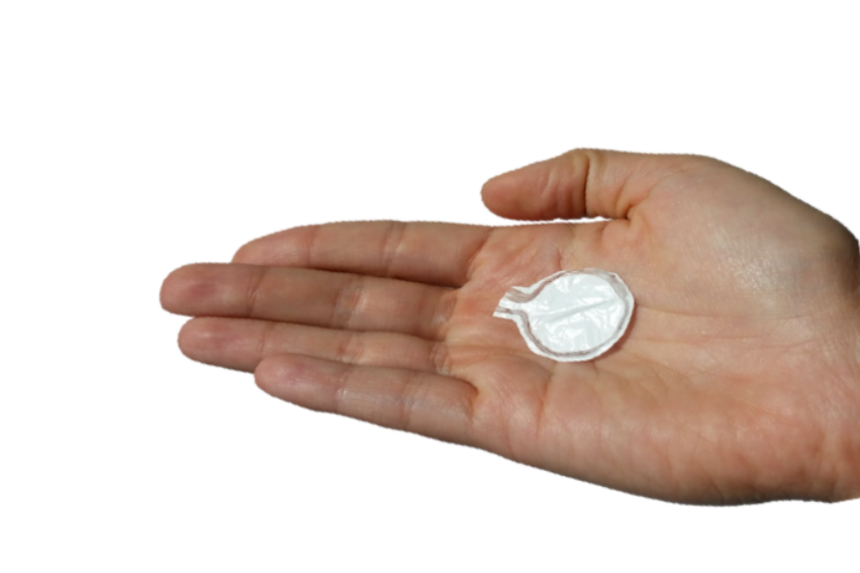New approaches to regenerate insulin production in type 1 diabetic patients are increasing steam in California. An alternative to the frequently discussed technical improvements that lead to closed loop insulin delivery systems, insulin-producing cell implants are a biological solution to the problem of non-insulin-producing pancreas (a challenge known as type 1 diabetes).
NPR reports that Enterin, a San Francisco, California-based biotech startup, is steadily approaching preparation for human clinical trials. Founder and CEO Crystal Nitray sees the cell as “original smart machine.” This motivates her work in this field and motivates her to improve cellular function and protection compared to technology that plays a role outside of the body.
She initially refused to pursue her idea of developing a home for insulin-producing cells for graduate school advisor UCSF Professor Tejal Desai, but found that Nyitray’s devices and approaches showed the consequences of insulin production and increased cell lifespan.

Nyitray and her colleagues have put together a system that envelops live islet cells from the pancreas with a flexible membrane embedded under the skin. The coin-sized semi-farmer pouch is designed to allow insulin and blood sugar to flow freely inside and outside the implant, while preventing immune rejection.
Rejection is a major concern when discussing any kind of implant or implantation of foreign bodies within the body. Transplantation of islet cells (cells that produce insulin in the pancreas) has been carried out in clinical trials for several years, and has been accomplished to some extent. However, the immune system is facing challenges in the success of these transplants, and it is necessary to resume anti-rejection therapy and ultimately insulin injections. Nyitray’s semi-transparent pouch protects the islet cells from immune destruction, as well as protects recipients from the need for powerful rejection drugs to keep the implant safe.
Encellin has yet to advance to human testing, but at this point their approach has proven successful in animals. Their next goal is to demonstrate the effectiveness of treatments in humans through clinical trials over the next few years.
This type of work falls into the category of beta cell replacement, which JDRF has highlighted and supported as one promising field of research, and many labs are studying this treatment path. San Diego-based company Viacyte is already moving forward with clinical trials with unique systems for encapsulation.
Like what we’re already beginning to see in closed loop races, it may require years of financial investment and research, but there are multiple groups that see it as the safest and most efficient solution when encapsulating islet cells for the creation of insulin in people living with type 1 diabetes.
source:
Image credit: Encellin
(TagStoTRASSLATE) Beta Cells (T) Clinical Trials (T) Enterin (T) Insulin (T) Islet Cells (T) JDRF (T) Biacetate









